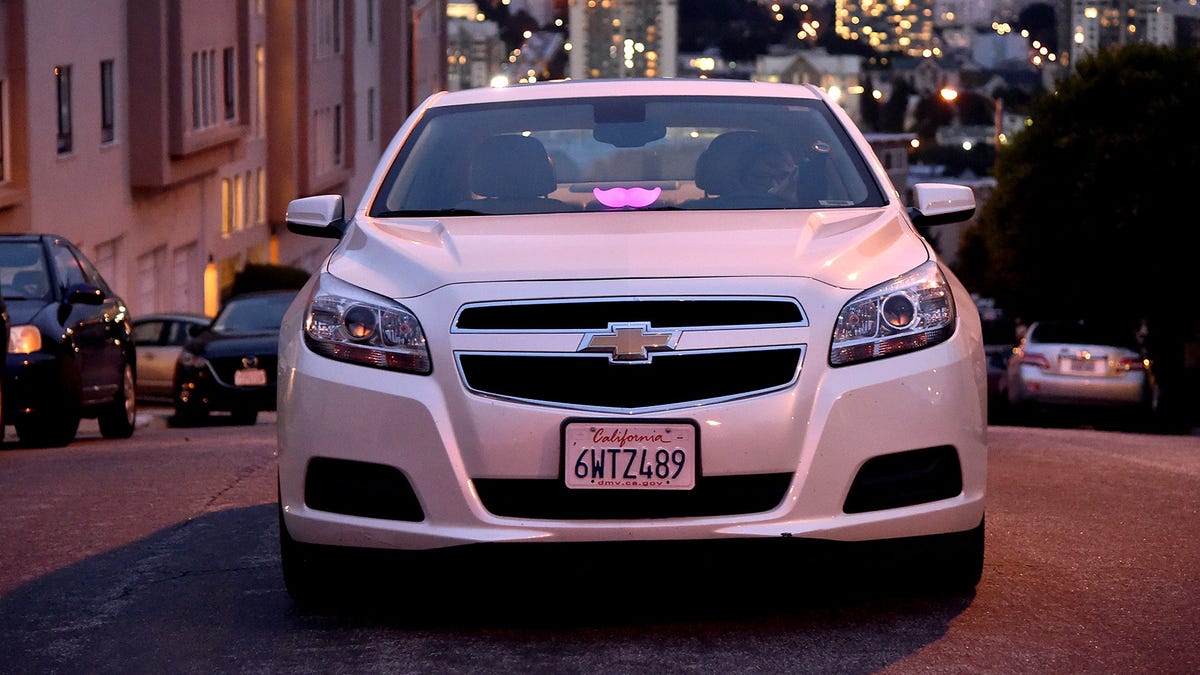Lyft goes all-in on autonomy, opens new office in Silicon Valley
It's unclear whether the decision to chart its own path will affect its current relationship with General Motors.

Uber is currently embroiled in a lawsuit with Waymo, and its CEO stepped down after a whole bunch of bad press. If I were Lyft , now would be the time to strike. And what do you know, that's what it's doing.
Lyft, one of the two ride-hailing titans in the US, announced on Friday its intention to build its own hardware and software for self-driving vehicles, The Wall Street Journal reports. In order to do so, it will hire hundreds of new engineers and open up a new office in Silicon Valley.
It's only a matter of time before an army of self-aware pink mustaches tries to enslave humanity. That's the only logical way this can all end.
Lyft's new autonomous-vehicle development division won't be building its own car from scratch, which can cost billions of dollars. Instead, it will spend bunches of money creating the hardware and software to pilot self-driving cars , which it could possibly sell to automakers or other outfits for a princely sum. The company is also reportedly seeking partners that will work together with Lyft's new division.
While Lyft did not immediately return a request for comment, its executives made it clear this new development will not supersede its current relationships with companies developing autonomous vehicles. Both General Motors and NuTonomy are still on board to test their self-driving cars on Lyft's network later this year, and Lyft still has something cookin' with Waymo, too.
Part of the reason for Lyft's (and Uber's) investment in self-driving cars is pretty straightforward: humans are expensive. Self-driving cars don't need to put food on a table or pay for health insurance, they don't complain and can work a 24-hour day if necessary. Removing humans from the equation would slaughter the gig economy, but fares will probably go down, and Lyft would reap the lion's share of each fare instead of giving it to a driver. That's good news... if you're the CEO of Lyft.
As vehicles finally make the leap from partial autonomy with a great deal of human intervention to proper autonomy where humans can sit back and relax, it's going to do weird things to the auto industry. Car owners may give up on purchasing another vehicle if it's easy enough to just hail a self-driving car at a moment's notice, especially if it's cheaper. Lyft and Uber are both smart to get into the development phase as they attempt to cement their positions ahead of such a major shift in ownership attitude.

